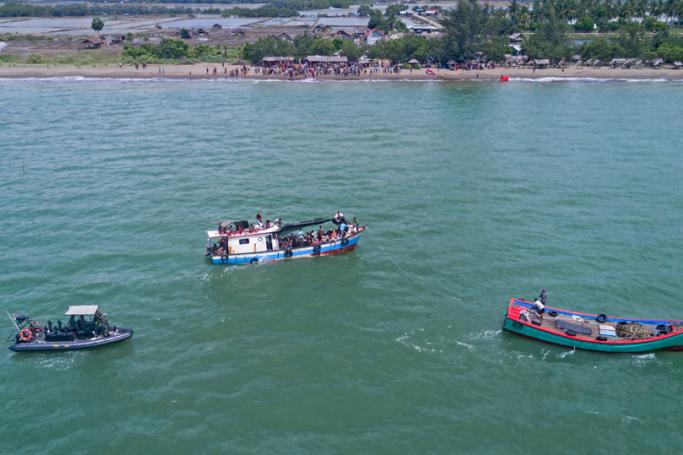A Malaysian judge Wednesday overturned a decision to cane 27 Rohingya refugees for entering the country illegally and slammed the "inhumane" sentence, their lawyer said, following an outcry from activists.
The men arrived in Malaysia by boat in April after a treacherous voyage but were then jailed and sentenced to three strokes of the cane each.
Muslim-majority Malaysia is a favoured destination for Rohingya, who face persecution in their mostly Buddhist homeland of Myanmar, but authorities have in recent months been trying to stop them entering over coronavirus fears.
A judge at the High Court in the northern city of Alor Setar threw out the caning sentence handed down by a lower court following an appeal, lawyer Collin Andrew told AFP.
His reasons included that "these persons are Rohingya refugees, who are in need of international protection due to the persecution faced by them", Andrew said.
He also ruled it was "inhumane to impose a sentence of whipping" on the men, who were not habitual offenders and had not committed acts of violence, the lawyer added.
Amnesty International and Human Rights Watch had called on authorities not to go ahead with the punishment.
Once they finish serving their seven-month jail sentences, the refugees will be allowed to stay in Malaysia as they are registered with the United Nations.
Refugees are not officially allowed to work in Malaysia but many do illegally, in industries ranging from construction to agriculture.
The country has stepped up maritime patrols since the outbreak of the pandemic in a bid to stop Rohingya boats from landing over fears that migrants could be carrying the virus.
Many boats have been turned back, sparking anger from rights groups, although some have made it ashore.
© AFP












